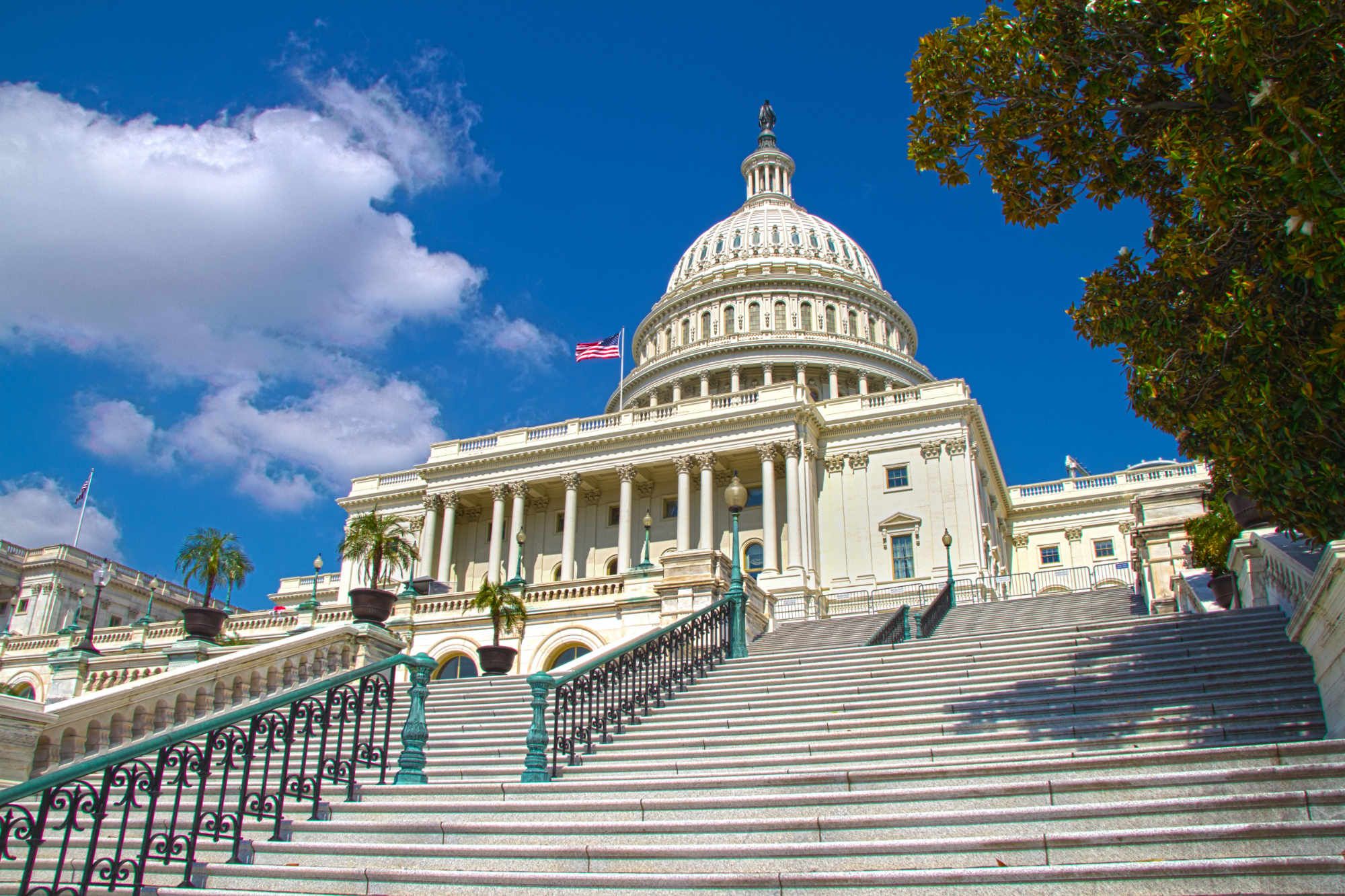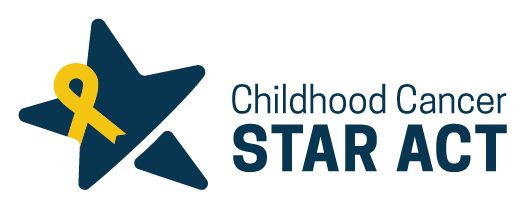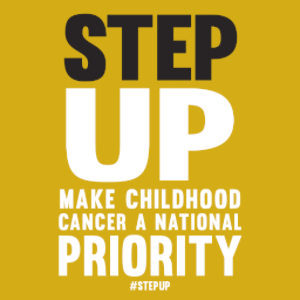The Honorable Mitch McConnell
Majority Leader
U.S. Senate
Washington, D.C. 20510
The Honorable Charles E. Schumer
Democratic Leader
U.S. Senate
Washington, D.C. 20510
The Honorable Paul Ryan
U.S. House of Representatives
Washington, D.C. 20515
The Honorable Nancy Pelosi
Speaker Democratic Leader
U.S. House of Representatives
Washington, D.C. 20515
Dear Speaker Ryan, Leaders Pelosi, McConnell, and Schumer:
On behalf of the Alliance for Childhood Cancer, a coalition of more than thirty national cancer patient advocacy, professional medical and scientific organizations, we write to urge you to protect coverage for children with cancer and their families, as changes to the Affordable Care Act (ACA) and other health care programs are debated.
Cancer is the leading disease-related cause of death for children aged 1-19, with almost 15,000 children diagnosed each year. Despite this fact, many childhood cancers can be successfully treated. By 2020, there will be at least 500,000 childhood cancer survivors in the U.S. Research now clearly documents that these survivors experience serious long-term and late effects of their disease and therapies, affecting their health and welfare and requiring lifelong surveillance and treatment.
The ACA includes many insurance market reforms that have been vital to childhood cancer patients, survivors and their families. One critical provision prevents insurers from denying or retroactively denying coverage to children or adults with pre-existing health conditions or charging people with preexisting conditions more than those without. Because nearly two-thirds of childhood cancer patients experience late effects, such as heart and lung disease, treatment-related secondary cancers, endocrine dysfunction and infertility, they require continued coverage for their chronic healthcare needs. Survivors’ lasting impairments make it especially important to preserve the ACA’s prohibition of lifetime caps or annual limits on coverage. Insurers must not be allowed to cancel coverage when a child becomes sick or to charge individuals with pre-existing conditions more than those without such conditions – protections now provided by the ACA. Under the ACA, survivors can also receive continued care is protected by allowing them to remain on their parents’
health insurance plans up to age 26 – a vital time before many can enter the workforce to obtain their own coverage. Lastly, the ACA concurrent care p3rovision ensures that children near the end of life do not have to give up hope by stopping curative treatments in order to receive hospice care.
The ACA provides critical financial protections for families facing the crisis of a childhood cancer diagnosis. Under the ACA, cancer patients are entitled to have coverage for the routine costs of their care if they participate in clinical trials. The vast majority of children with cancer are treated in the context of clinical trials, a fact responsible for children’s increased survival.
Financial assistance for care through the ACA offers families additional important safeguards. Families with incomes between 100 and 400 percent of the federal poverty level (FPL) can receive premium tax credits to purchase health insurance, and families with incomes between 100 and 250 percent of the FPL can receive cost-sharing subsidies to help with out-of-pocket costs. Treatment for childhood cancer is expensive, and children require access to specialty care. Families cannot forego insurance coverage because of the costs of their children’s care. Current law includes limits on the amount a privately insured patient must pay out-of-pocket in copays, coinsurance, and pre-deductible expenses. ACA’s financial protections for families are critical to saving children’s lives without bankrupting families or placing them in dire financial need.
It is important to call attention to the fact that close to 25 percent of childhood cancer patients are covered by Medicaid. Proposals that would alter current federal policies that guarantee Medicaid benefits and eligibility could threaten care for children. Maintaining Medicaid coverage and adequately funding state programs is critical to children with cancer.
Prior to the passage of the ACA, childhood cancer patients and survivors were often denied
coverage. Recent data show that 41 states allowed pre-existing exclusion periods of six months or more for individuals purchasing insurance. As you change the ACA, we strongly urge you to protect current policies that the hundreds of thousands of childhood cancer patients, survivors and their families depend on. Thank you for your attention to this important issue.
Sincerely yours,
Danielle D. Leach
Co-Chair
Michael Link, MD
Co-chair
American Academy of Pediatrics
American Cancer Society Cancer Action Network
American Childhood Cancer Organization
Association of Pediatric/Hematology/Oncology Nurses
Association of Pediatric Oncology Social Workers
American Society of Pediatric Hematology/Oncology
Children's Brain Tumor Foundation
Children’s Cause for Cancer Advocacy
Children's Oncology Group
CureSearch for Children’s Cancer
Kids v Cancer
National Brain Tumor Society
National Coalition for Cancer Survivorship
Sarcoma Foundation of America
St. Baldrick’s Foundation
The Andrew McDonough B+ Foundation
The Mattie Miracle Cancer Foundation
The National Children's Cancer Society
The Pediatric Brain Tumor Foundation
Other Childhood Cancer Organizations
Childhood Cancer Guides
Bear Necessities Pediatric Cancer Foundation
Childhood Cancer Awareness Group of Coffee County
Journey4ACure
Arms Wide Open Childhood Cancer Foundation
The Truth 365
Sophia’s Fund
The GOLD WORLD Project
Mystic Force Foundation
3/32 Foundation
Along Comes Hope
Frankie’s Mission
DC Candlelighters Childhood Cancer Foundation
The Nicholas Conor Institute



